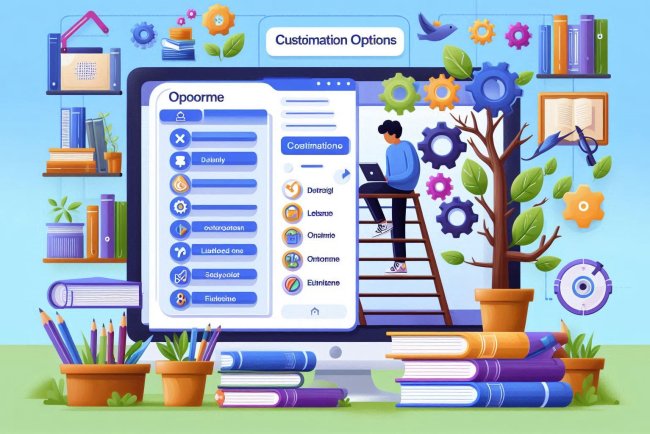Health Insurance Portability and Accountability Act (HIPAA)
HIPAA ensures privacy & security of individuals' health information. Learn how it protects your data & rights in the healthcare system.

Health Insurance Portability and Accountability Act (HIPAA)
The Health Insurance Portability and Accountability Act (HIPAA) was enacted by the U.S. Congress in 1996 to improve the efficiency and effectiveness of the healthcare system. HIPAA consists of several rules that aim to protect the privacy and security of individuals' health information while also ensuring the portability of health insurance coverage. The main components of HIPAA include the Privacy Rule, Security Rule, Enforcement Rule, and Breach Notification Rule.
Privacy Rule
The Privacy Rule establishes national standards to protect individuals' medical records and other personal health information. It gives patients control over their health information and sets boundaries on the use and disclosure of health records by healthcare providers and insurers. Under the Privacy Rule, patients have the right to access their own medical records, request corrections to their records, and receive a notice of privacy practices from their healthcare providers.
Security Rule
The Security Rule complements the Privacy Rule by setting standards for the security of electronic protected health information (ePHI). It requires healthcare organizations to implement safeguards to protect the confidentiality, integrity, and availability of ePHI. This includes implementing technical, physical, and administrative safeguards such as access controls, encryption, and regular risk assessments to ensure the security of electronic health records.
Enforcement Rule
The Enforcement Rule outlines the procedures for investigating complaints and enforcing HIPAA compliance. It establishes the role of the Office for Civil Rights (OCR) within the U.S. Department of Health and Human Services (HHS) as the primary enforcer of HIPAA rules. The OCR has the authority to investigate complaints, conduct compliance reviews, and impose penalties on organizations that violate HIPAA regulations. Penalties for non-compliance can include fines, corrective action plans, and even criminal charges in cases of willful neglect.
Breach Notification Rule
The Breach Notification Rule requires covered entities to notify individuals, the OCR, and in some cases the media, in the event of a breach of unsecured protected health information. A breach is defined as the unauthorized acquisition, access, use, or disclosure of PHI that compromises the security or privacy of the information. Covered entities must conduct a risk assessment to determine the likelihood of harm to individuals and take appropriate steps to mitigate the breach, including providing notification to affected individuals and authorities.
Importance of HIPAA
HIPAA plays a critical role in safeguarding the privacy and security of individuals' health information in an increasingly digital healthcare environment. By establishing clear standards and requirements for protecting health data, HIPAA helps build trust between patients and healthcare providers, promotes the adoption of electronic health records, and reduces the risk of data breaches and identity theft. Compliance with HIPAA regulations is essential for healthcare organizations to protect patient confidentiality, avoid costly penalties, and maintain the integrity of the healthcare system.
Challenges and Future Developments
While HIPAA has made significant strides in protecting health information, there are ongoing challenges and areas for improvement. With the rise of telemedicine, mobile health apps, and cloud computing, new technologies and healthcare practices present unique privacy and security risks that may require updates to HIPAA regulations. Additionally, the proliferation of data breaches and cyberattacks in the healthcare industry underscores the need for stronger security measures and proactive risk management strategies.
Future developments in healthcare policy and technology, such as the adoption of interoperable health information systems and the expansion of telehealth services, will likely impact the regulatory landscape surrounding health data privacy and security. Healthcare organizations and policymakers must stay informed about emerging threats and best practices to ensure the continued effectiveness of HIPAA in safeguarding individuals' health information.
Conclusion
The Health Insurance Portability and Accountability Act (HIPAA) is a landmark piece of legislation that has had a profound impact on healthcare privacy and security. By establishing comprehensive rules for protecting health information, HIPAA has helped to modernize the healthcare system, empower patients, and mitigate the risks of data breaches and unauthorized disclosures. Compliance with HIPAA regulations is essential for healthcare organizations to uphold patient trust, maintain regulatory compliance, and adapt to evolving technologies and practices in the healthcare industry.
What's Your Reaction?

















